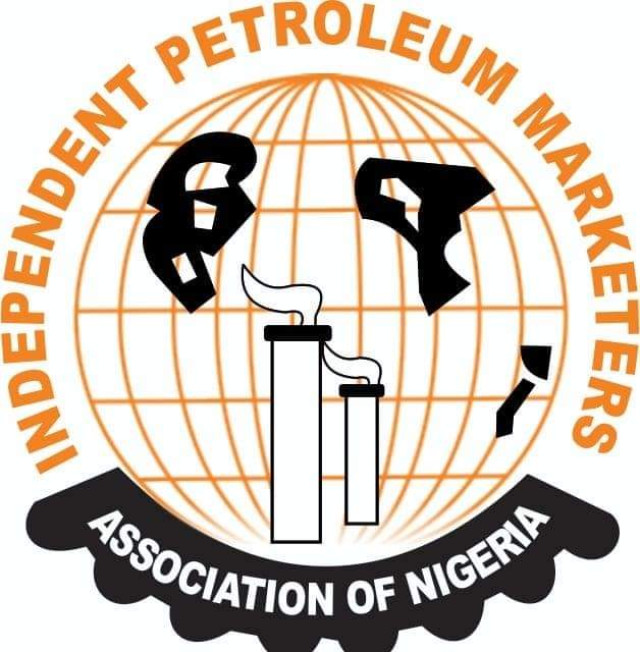Amid the fuel scarcity in Nigeria, more than 9,000 oil marketers risk losing their operating licenses.
The Independent Petroleum Marketers Association of Nigeria is calling on the Nigerian National Petroleum Company Limited to extend the deadline for licensing renewal until July.
The association has also requested the Nigerian Midstream and Downstream Regulatory Authority to release the 9,000 already processed licenses to its members.
This request was communicated in a statement signed by Chief Chinedu Ukadike, the National Public Relations Officer, on Thursday in Abuja.
Earlier, IPMAN had expressed concern about the slow progress of marketers' license renewal by the NMDPRA in a statement released on Sunday.
The NNPCL set a deadline of April 15, 2024, for marketers to renew their licenses or face closure of their customer express portals for purchasing petroleum products from NNPC Retail Limited.
However, IPMAN has requested an extension, stating that it would allow marketers to reconcile their licenses and reduce panic buying, which is worsening the current scarcity of petroleum products.
According to a statement from IPMAN, they are aware of the latest developments in the downstream sector of the petroleum industry and have been informed by the Nigerian Midstream and Downstream Petroleum Regulatory Authority that over 9,000 out of 15,000 licenses have already been processed for their members.
Marketers are working to expedite the processing of their licenses to avoid the potential closure of their customer express portals for purchasing petroleum products from NNPC Retail Limited.
IPMAN is appealing to the NMDPRA and NNPC Retail Limited to release the processed licenses and extend the deadline for delisting marketers from their express portals.
They believe that granting this request will help alleviate the panic buying and ease the current scarcity of petroleum products.
Ukadike further clarified that the appeal is for NNPCL and NMPDRA to extend the final deadline to July, allowing time for license reconciliation and preventing unnecessary portal closures.




















